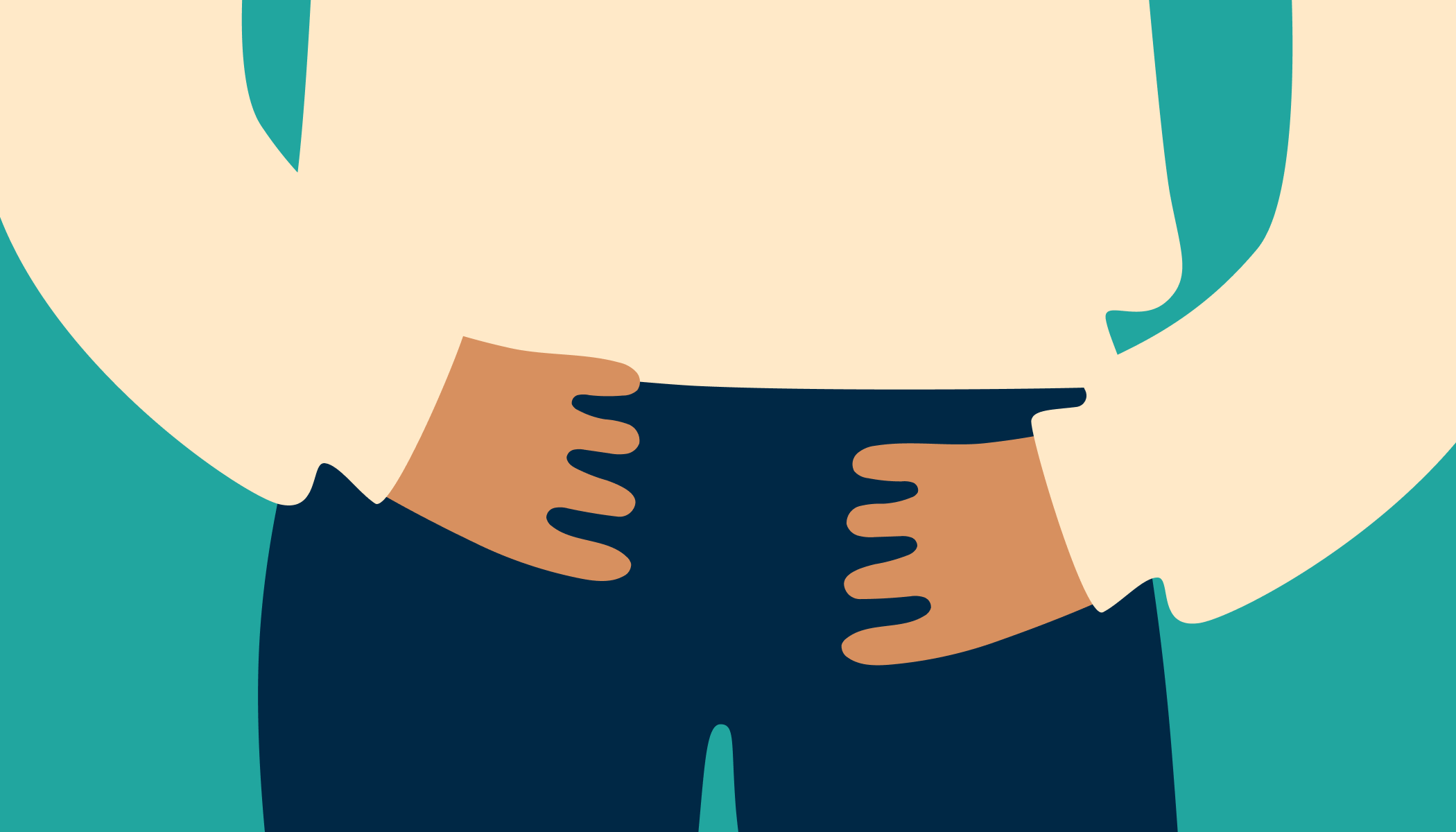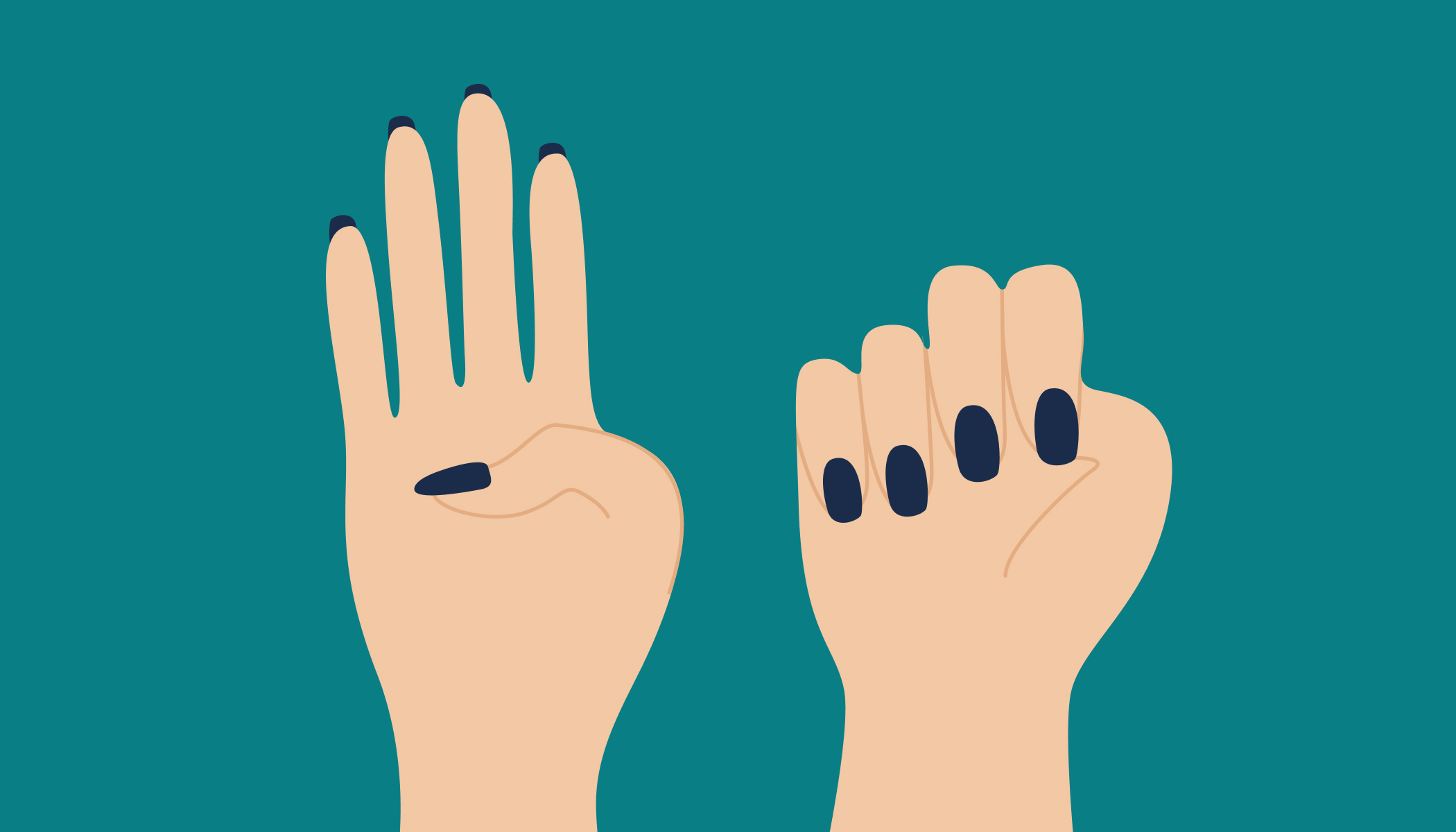A desperate urge to go to the toilet, and a burning sensation when urinating, are just two of the common symptoms of a Urinary Tract Infection (UTI), that millions of people suffer from every year.
But while uncomfortable and inconvenient, they’re incredibly common and over half of female adults say they’ve had at least one UTI in their lifetime.
At Livi, we’ve seen an increase in patients calling our doctors with UTIs, so we’ve compiled a guide to answer the most frequently asked questions.
What is a UTI?
Urinary tract infections (UTIs) are common infections that can affect the bladder, the kidneys and the tubes connected to them.
Although men and children can get them, they are more common in women. In fact, according to the World Health Organisation (WHO), an estimated 50% of women will report having a UTI at some point in their lives.
What are the symptoms of a UTI?
The main symptoms of a UTI are:
- pain while passing urine (typically described as a burning, stinging pain)
- passing urine more frequently
- an urgency to need to pass urine
- smelly or cloudy urine
- pain in the lower abdomen
‘Often a UTI will also cause a sense of fatigue in addition to those symptoms, and some people may experience blood in the urine too,’ says Livi GP Dr Rhianna McClymont.
What causes UTIs?
‘There are many different bacteria which can cause a UTI,’ says Dr McClymont. ‘Bacteria enter the urinary tract via the urethra and then rise to the bladder where they cause an infection’.
This is why they’re more common in women as the urethra is shorter, which makes it easier for the bacteria to get to the bladder, Dr McClymont explains.
As a woman, you can’t pass your UTI onto your male partner through sex, although sex may be uncomfortable.
The bacteria may enter the urethra after wiping your bottom or having sex. Other causes of a UTI may include using a contraceptive diaphragm, condoms coated in spermicide or a weakened immune system.
How is a UTI diagnosed?
For women, a urine test will confirm if you have a UTI and also help rule out other conditions that might be causing your symptoms, like a sexually transmitted infection. Men may be offered a painless swab test to check for other conditions.
How are they treated?
Most UTIs can be easily treated with antibiotics, although in some severe cases hospital treatment may be needed.
To help alleviate pain while the symptoms clear up, you can take paracetamol and place a hot water bottle on your tummy, back or between your thighs.
Try to rest and drink plenty of fluids which helps flush out the bacteria. Don’t take ibuprofen or aspirin if you have a kidney infection as it may increase problems. Kidney infections are diagnosed with a urine test and a GP will ask about your symptoms and recent medical history.
How long does a UTI last?
If treated quickly with antibiotics, mild UTIs normally pass within a few days.
But sometimes they come back – a condition known as Recurrent Urinary Tract Infections (RUTIs). Although there are few studies into RUTIs, one found that 27% of women aged 17-39 would experience a second UTI within six months of the first, while a further 3% would experience a third in the same period.
Why do UTIs keep occurring?
Some women are genetically predisposed to having recurring UTIs (for example, if your mother or sister has had them, you’re likely to have them too). The risks vary depending on your age. One recent study found that recurrence can range from 16-36% in premenopausal women to 55% following menopause.
Does anything increase the risk of a UTI?
Before menopause, the most common risk factors are sexual intercourse which is thought to increase the number of bacteria in the bladder. That’s why experts often advise women to urinate after sex to flush them out.
The use of spermicides may also cause UTIs in younger women, as they kill off beneficial bacteria in the vagina making it easier for the damaging bacteria to infect.
After menopause, the number of beneficial bacteria in the vagina naturally decline. The bladder also contracts less strongly than it once did, making it more difficult to empty completely.
What helps prevent UTIs?
There are several things you can do to prevent an infection:
- drink plenty of water to stay hydrated
- take showers instead of baths
- for women, make sure you’re wiping ‘front to back’ when going to the toilet
‘The evidence is conflicting as to whether cranberry juice is actually beneficial, but drinking it isn’t harmful so there’s no problem in trying it to see if it helps your symptoms,’ says Dr McClymont.
Some people may also wish to try D-mannose (a type of sugar you take every day as a tablet or powder), as some research has shown it can help in women who are not pregnant.
Can UTIs be dangerous?
Most UTIs are in the lower part of the urethra and are not usually a cause for major concern. But occasionally, if left untreated, the bacteria can travel into one or both kidneys, which can become a kidney infection and you may need emergency treatment.
‘Watch out for a very high temperature, feeling unwell, weak and shivery, or pain in your back or sides – which can be a sign of a kidney infection,’ says Dr McClymont. It’s important to seek emergency treatment if suffering from any of these symptoms.
If treated quickly, antibiotics can clear a kidney infection. But if left untreated it can cause damage to the kidneys or the infection can enter the bloodstream.
Should you see a doctor?
If your symptoms do not improve within a few days or your symptoms come back after treatment, it’s wise to see your doctor. You should also check with a GP if you have blood in your urine, if you’ve never had a UTI before or if you’re pregnant and have symptoms.
This article has been contributed to by Dr Rhianna McClymont,Lead GP at Livi




